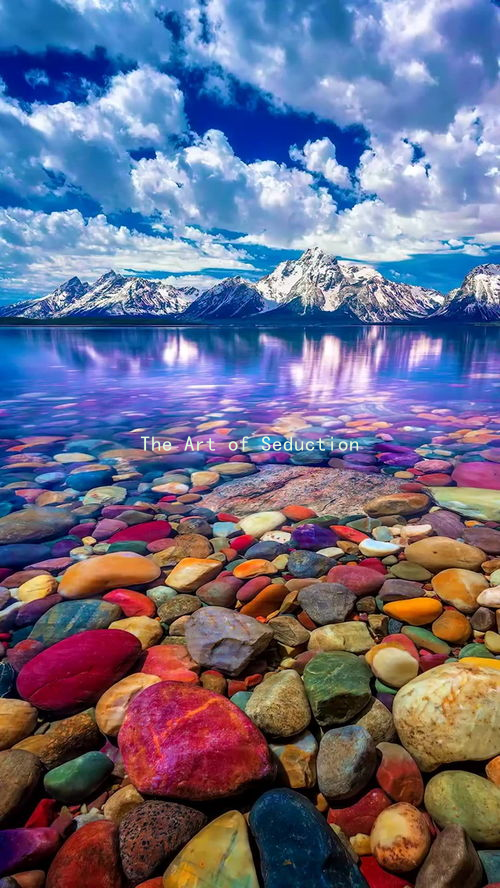The Art of Seduction: A Philosophical Approach to Modern Dating
In today’s ever-evolving world of dating, the art of seduction has taken on new layers of complexity. While some may view it as a mere game, a philosophical approach reveals it to be a nuanced interplay of human emotions, social constructs, and personal authenticity. Understanding this interplay can enhance our connections and foster genuine relationships.
At the heart of seduction lies the concept of desire. This desire is not limited to physical attraction but extends to emotional and intellectual connections. The philosopher Alain de Botton suggests that love is not merely an experience but a skill that can be cultivated. To master this skill, one must first understand oneself, identify what one seeks in a partner, and communicate those needs effectively.
Effective communication is essential in the realm of modern dating. The use of language can be both a weapon and a balm; it can either create barriers or dismantle them. A simple yet profound technique is to ask open-ended questions. Instead of generic inquiries like “What do you do?” consider asking “What excites you about your work?” This not only invites deeper conversation but also showcases genuine interest, an essential element of attraction.
Additionally, we must navigate the balance between vulnerability and strength. Being open about one’s emotions fosters intimacy and trust, yet it requires a certain level of security in oneself. Philosopher Rainer Maria Rilke advocated for the importance of solitude, emphasizing that we must first learn to enjoy our own company before we can invite others into our lives. This self-assuredness can be alluring, as it reflects confidence and independence—traits often sought after in a partner.

A philosophical approach to dating also encourages us to examine the societal narratives surrounding love and relationships. Many of us grow up with fairy-tale notions of romance, leading to unrealistic expectations. Embracing a more pragmatic view, as suggested by thinkers like Esther Perel, allows us to see that love is not just about passion and connection but also about compatibility and shared values. Open discussions about relationship expectations, including boundaries and future aspirations, can help set the foundation for a solid partnership.
Moreover, the concept of “playfulness” in dating cannot be overlooked. Dating should be enjoyable rather than a chore or a pressure-filled obligation. Engaging in activities that spark joy, whether it’s cooking a meal together, exploring a new city, or simply hiking, fosters connection through shared experiences. Philosopher Friedrich Nietzsche championed the idea of play as a vital aspect of human existence. By approaching dating with a mindset of curiosity and fun, individuals can cultivate a sense of adventure that can deepen their bond.
Lastly, it’s essential to remain patient and practice self-compassion throughout the dating journey. Every connection is an opportunity to learn, even when not all encounters lead to lasting relationships. Embracing this as a philosophical endeavor allows individuals to appreciate their experiences, grow from them, and ultimately refine their understanding of love.
In conclusion, the art of seduction transcends mere physical attraction; it is a philosophical journey of self-discovery, authentic connection, and the cultivation of meaningful relationships. By embracing openness, effective communication, emotional resilience, and playfulness, we can navigate the modern dating landscape with grace and intention, ultimately leading to more fulfilling partnerships.





